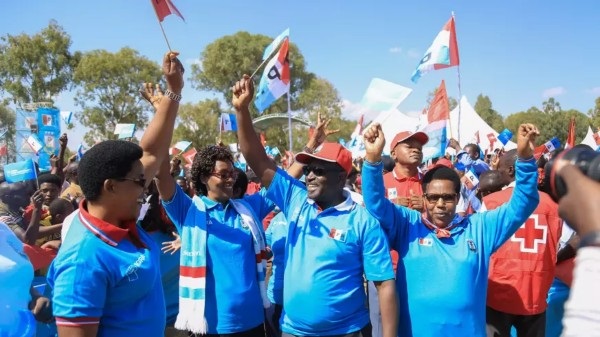Regional
What makes RPF a dominant political organization in Rwandan Politics?
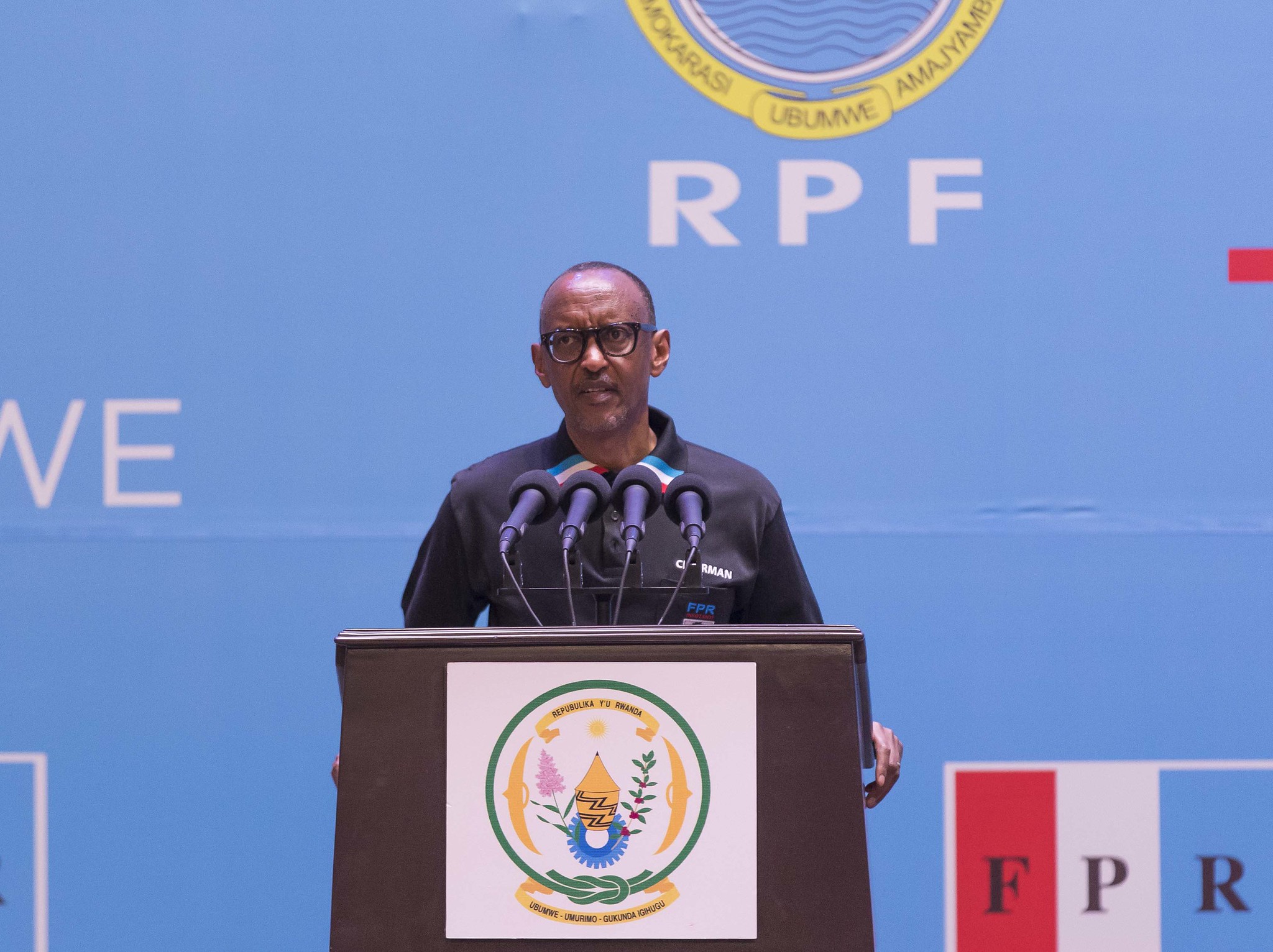
Since its inception, in 1987, the Rwandan Patriotic Front (RPF) has steadily risen to become the most popular and influential political organization in Rwanda. With a potent blend of history, ideology, and governance, the RPF cemented its position as the driving force behind Rwanda's miraculous socio-economic and political transformation in the last 30 years.
To
understand the RPF's ascendancy, one must delve into its historical roots.
Formed
by Rwandan refugees in exile who had fled earlier political persecutions of
1959, the 1960s and 1973, RPF was born out of the crucible of adversity. Faced
with persecution and marginalization, the refugees sought to reclaim their
homeland and restore the dignity of their people.
The
RPF is the only political organization in the country that had an army, the
Rwandese Patriotic Army (RPA), which fought a four year war of liberation. This
army latter transformed into a national army.
As
Rwandans gear up for presidential and parliamentary elections, on July 15, it
is common practice that sections of Western media will start writing opinions
suggesting that the RPF flag bearer, President Paul Kagame, has been in power
for long and therefore, the country needs a change.
Such
views are known to come from people who do not wish Rwanda well.
“Kagame
is a rare leader to find. His vision and achievements for Rwanda has been the
envy for many African people and beyond,” a foreign diplomat who preferred
anonymity declared, in a discussion on why many African countries lack
effective leadership. To majority Rwandans, the achievements of RPF under
Kagame, are the reason why they still need RPF and its chairman to continue
leading the country to greater prosperity.
The
RPF journey has not been a bed of roses. It endured four years of armed
struggle against the oppressive regimes that planned and carried out the
genocide against the Tutsi in 1994, killing more than one million people.
The
RPF single handedly stopped the genocide against the Tutsi when the
international community was even declining to recognize that a genocide had
been committed.
Rwanda
emerged from the ashes of an almost failed state, building from nothing to what
it is today.
The
RPF's strength lies not only in its military prowess but also in its ability to
unite a fractured nation. By promoting the principles of unity, reconciliation,
and inclusivity, the RPF has bridged ethnic divides and fostered a sense of
national identity among Rwandans.
Popular
support
The
RPF's popularity among Rwandans is undeniable. First, being able to return
millions of refugees who had spent 30 years in exile, defeating a regime that
thrived on divisive politics, stopping the genocide against the Tutsi, and
transforming the country into one of the fastest growing economies on the
continent are no small achievements. Majority Rwandans feel proud of belonging
and identifying themselves with RPF.
Through
its policies and programs, the RPF has delivered tangible improvements in the
lives of ordinary citizens. From economic development initiatives to social
welfare programs, the RPF has endeavored to uplift the nation and empower its
people.
In the
last decade, more than one million people have been lifted out of extreme
poverty. This is the very reason why other political parties have rallied
behind RPF’s presidential candidate during elections.
Life
expectancy has moved from 49 years in 2000 to 70.27 years in 2024. The current
infant mortality rate in 2024 is 21.6 deaths per 1000 live births, which is far
below the average infant mortality rate for the entire Africa, which stands at
41.586 deaths per 1000 live births. The maternal mortality ratio improved from
1,007 in 2000 to 259 in 2020.
Rwanda
is a role model of Universal Health Coverage in Africa, where all citizens
including refugees have access to the health services they need. The list is endless.
The
RPF's commitment to good governance and zero tolerance for corruption earned it
widespread admiration domestically and internationally.
Rwandans
view the RPF as a beacon of hope and progress, a force for positive change in a
region plagued by instability and conflict.
Manifesto
and vision
At the
heart of the RPF's appeal lies its visionary manifesto, which outlines a
comprehensive roadmap for Rwanda's future. Central to this vision is the
pursuit of sustainable development, guided by the principles of democracy,
accountability, and social justice.
The
RPF's manifesto emphasizes the importance of inclusive growth, ensuring that
all segments of society have equal access to opportunities and resources. It
prioritizes investment in education, healthcare, and infrastructure,
recognizing them as the building blocks of a prosperous nation.
The
RPF is committed to fostering a vibrant economy driven by innovation and
entrepreneurship. The strive for self-reliance (Kwigira) rather than being
dependent on foreign aid is at the core of RPF principles.
It
seeks to harness Rwanda's human capital and natural resources to fuel economic
growth and create employment opportunities for its citizens.
In the
realm of foreign policy, the RPF advocates for regional integration and
cooperation, believing that collective action is essential to addressing common
challenges such as poverty, disease, and environmental degradation.
By
engaging with its neighbors and the international community, Rwanda can
leverage its strengths and contribute to global peace and development.
The
RPF emerged as the pre-eminent political force in Rwanda, buoyed by its
historical legacy, popular support, and visionary leadership.
Through
its steadfast commitment to unity, reconciliation, and progress, the RPF has
transformed Rwanda into a beacon of hope and stability in a turbulent region.
As
Rwanda continues its journey towards prosperity and peace, the RPF is poised to
lead the way, guided by its unwavering vision of a better future for all
Rwandans.



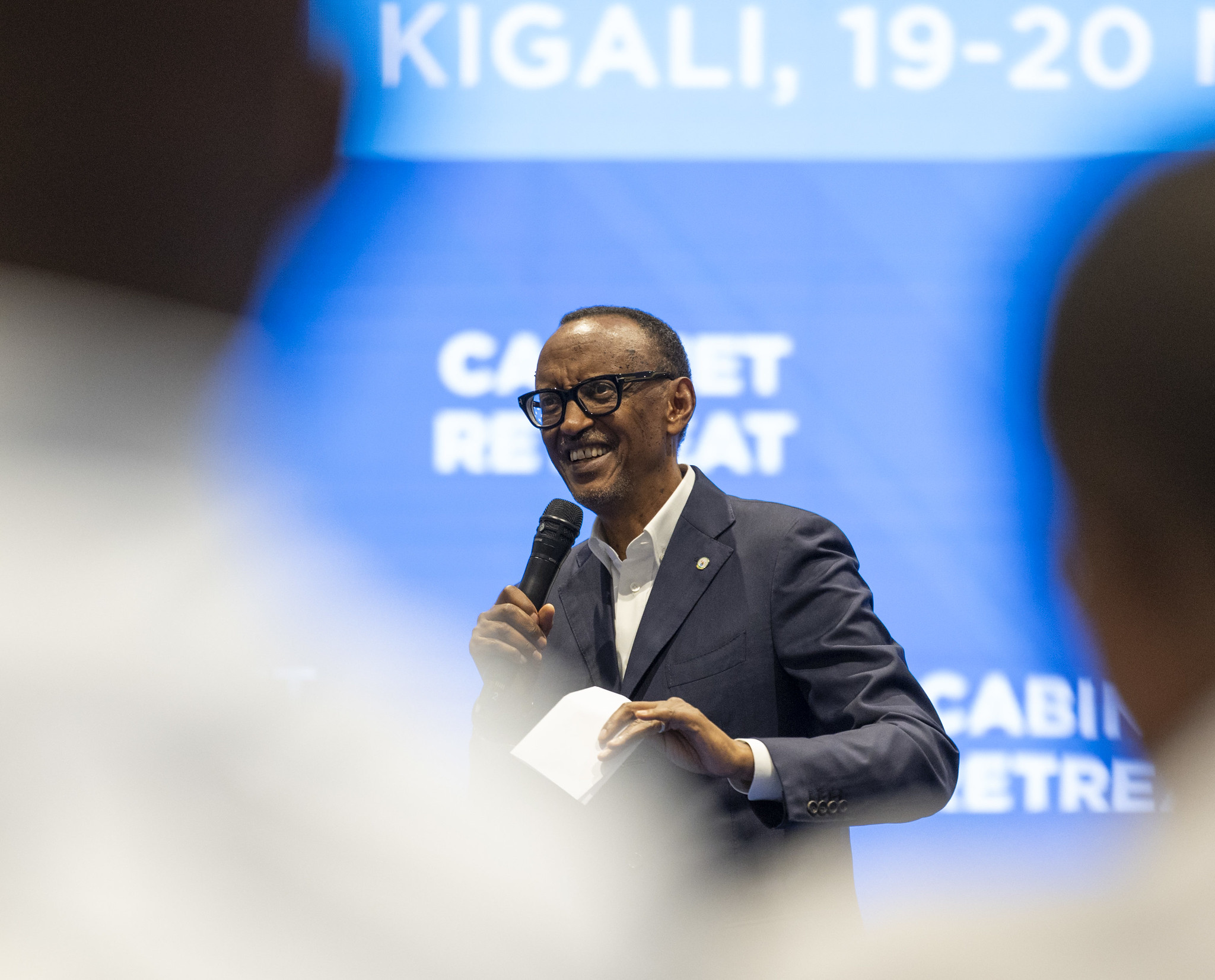
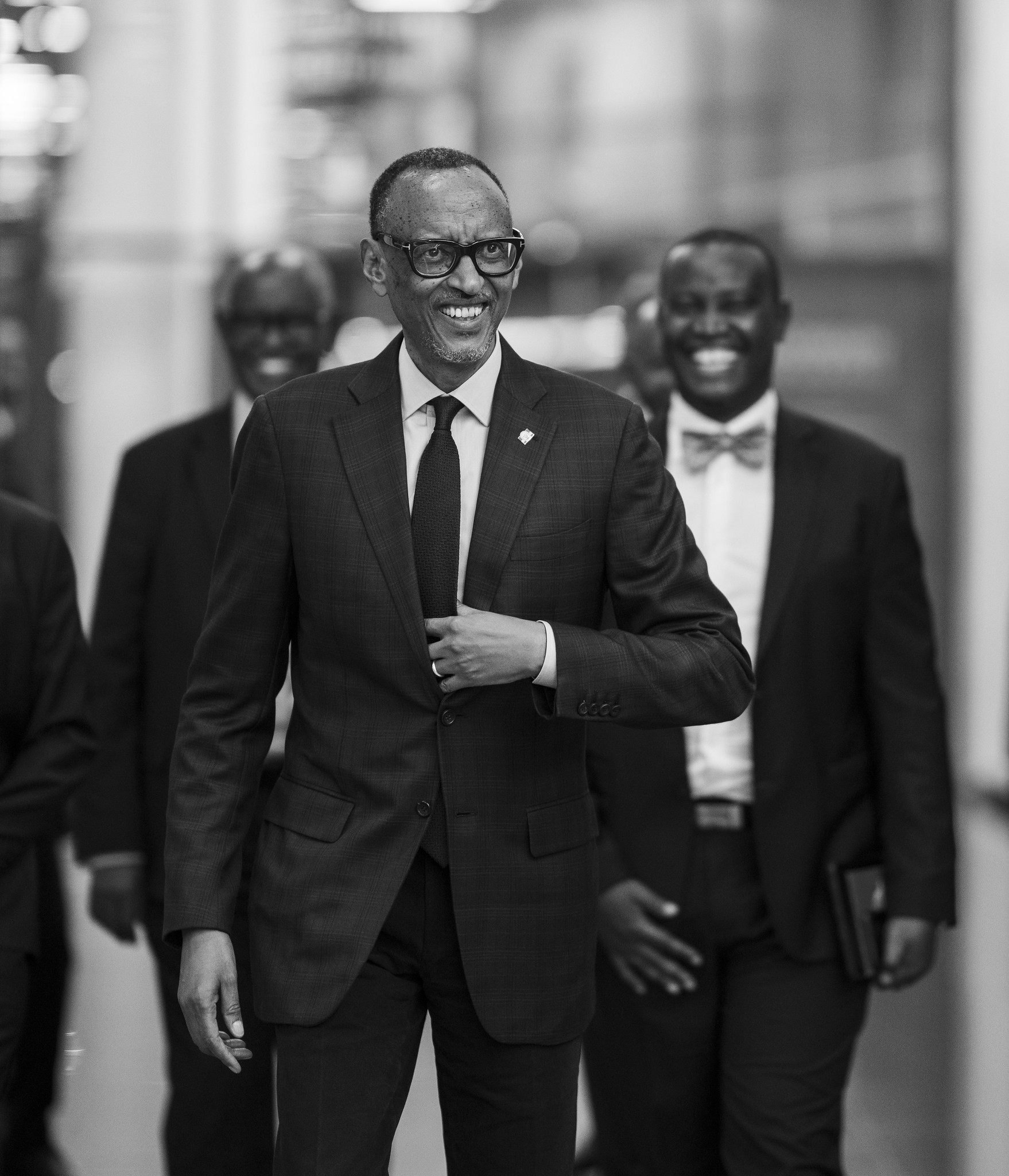
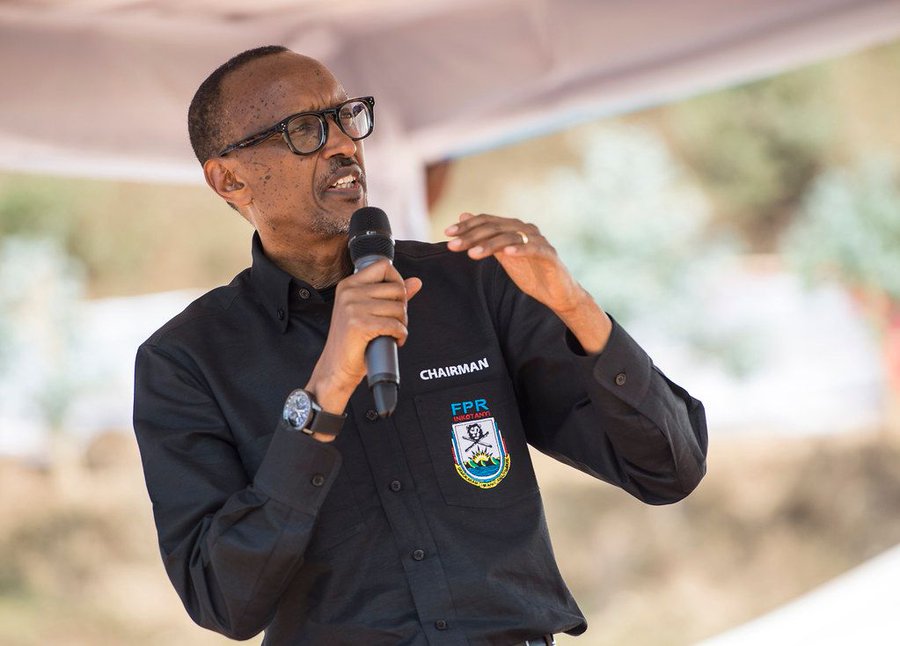
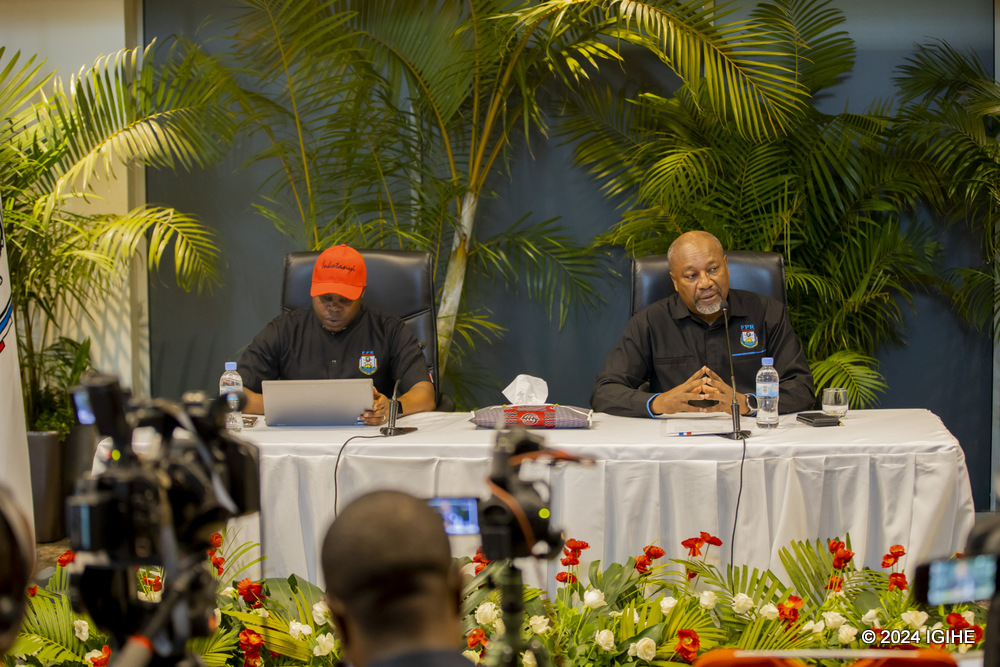
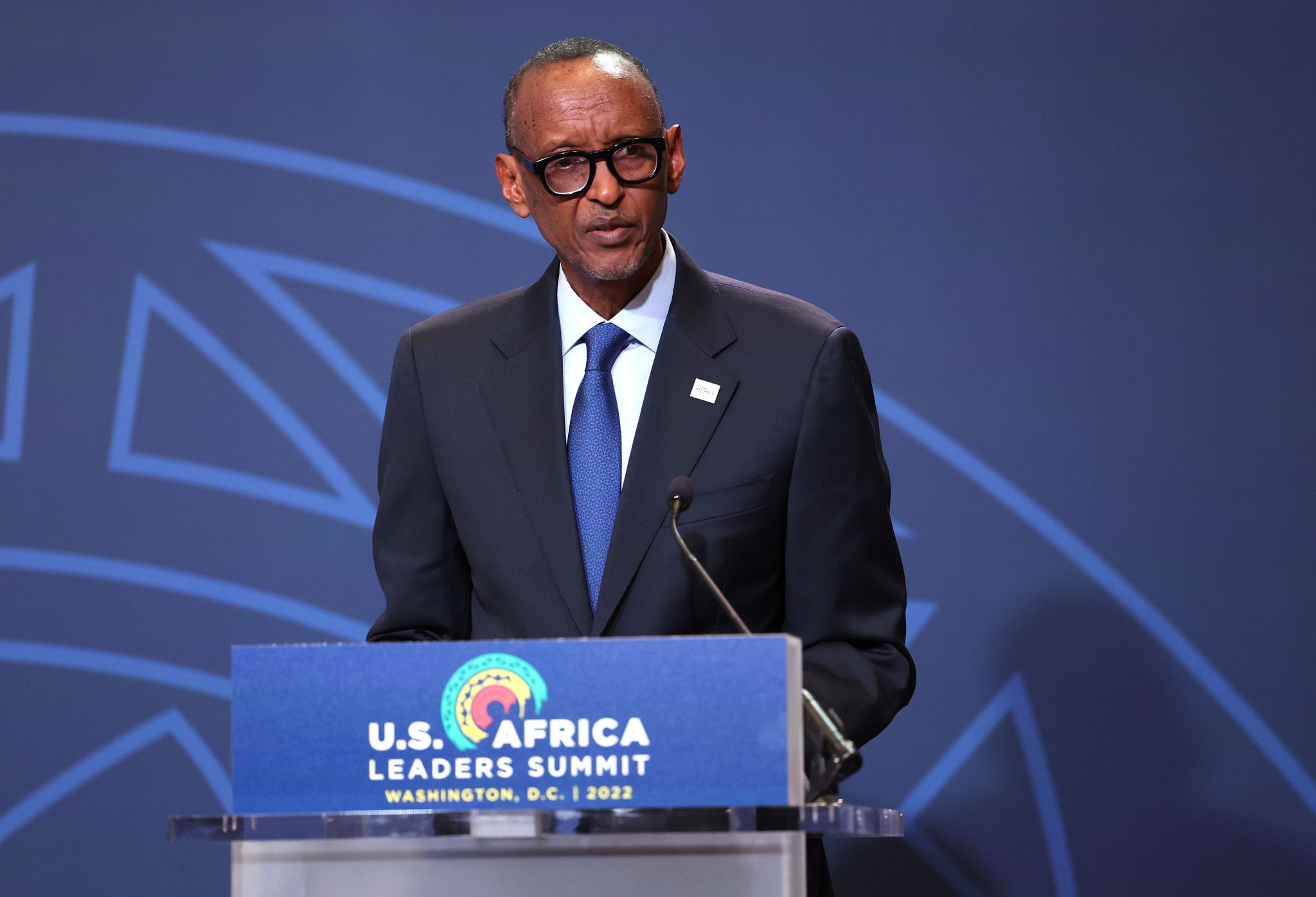
.jpg-20231002075336000000.jpg)
.jpg-20221022115216000000.jpg)
